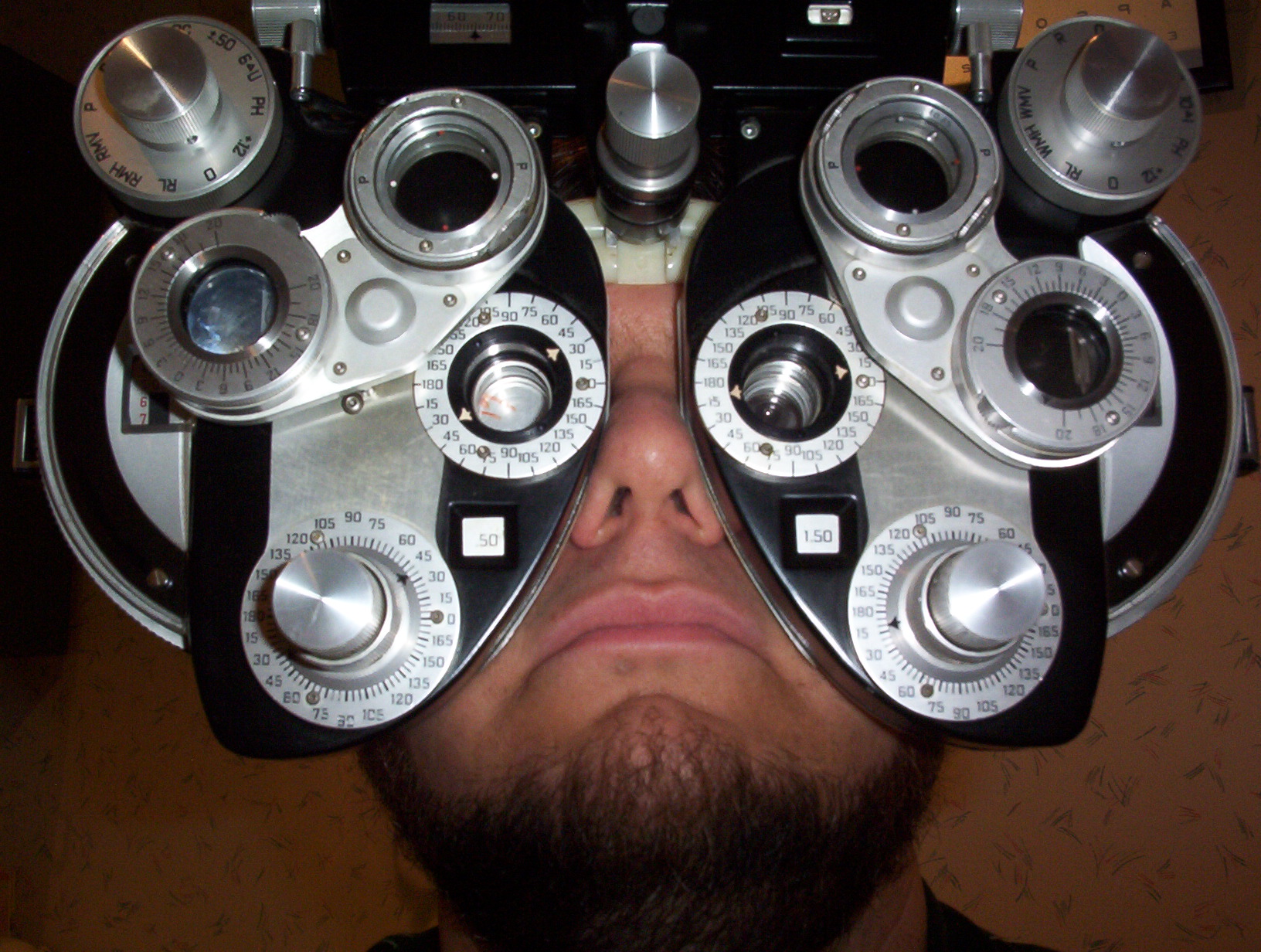It is late at night and I am up. Actually I just woke up from an evening nap. That’ll mess up your night. This jet-lag thing gets old real quick. Still, the quiet awake nights are a gift – a listening time. I’ve become more clear about a few things, a few criticism of the (limited) Chinese church I am around.
The Chinese church is focused on two things: mission training and leadership training. They are thorough-going Evangelicals, which means when they want to have a relationship with g-d it has several qualities in my opinion:
a) MILITARY – to varied degrees it is military (not militant). They use the language of “good soldier” and “battlefield.” This language is in response to their hardship and diligence. But it deeply colors their spirituality as well, and this is detrimental to Christ’s love and mercy.
b) WESTERN EVANGELICALS – Chinese Evangelicalism is much the same as Western Evangelicalism. When they want to talk discipleship it focuses much on character, moralism and apologetics. Their faith and spirituality is mostly private and individual except for Sunday church.
c) CHURCH – Mostly when they want to think about church – they can’t really. Church is just a strange little gathering of believers, who come together to sing worship songs and heard a long teaching sermon. They might pray in the Spirit (an little carry-over from the Pentecostals somehow). But church is secondary and subjugated to Mission. Of course Mission is very important in China: there are hundreds of millions of people who don’t know what a Jesus is. A while back while in China it drove me crazy to find the little table for the Lord’s Table was also a book stand, a purse stand, a music stand, a drink cup stand – I had to give up attempting to keep it simply “the table.”
d) JUSTIFICATION BY FAITH ALONE – One of the largest carry-overs from Western Protestant Evangelical Christianity is a singular theology of Reformation soteriology and substitutionary atonement.
In general, I am not against any of these except that they tend to be unbalanced IF the Chinese wish create and live out their own expression of Evangelical Christianity (a more eastern label is needed here). I would add the following corrective balances:
a) REDEMPTIVE LANGUAGE – Instead of only substitutionary atonement only I’d include a more redemptive nuance, speaking of reconciliation (2 Cor. 5:17-21 (note the balance of language with Paul: “ministry of reconciliation” with “to be sin for us”). Chinese Evangelicals should seek a balance with more gospel-centric atonement metaphors… the anointing of Jesus by the sinful woman (Luke 7:36ff), the Prodigal Son (Luke 15:11ff), and Zacchaeus (Luke 19:1ff). The Gospel of Luke still offers up a sharp-edged gospel (the rich young ruler, the rich man and Lazarus, etc) of “who’s fit for followership.” A balance for Romans (the Priestly model – ‘get right with YHWH’) is needed, a gospel story of the Exodus people (the exilic story of Moses, the Red Sea, baptism, election).
b) “XIAO WO” – Instead of focusing on spirituality as character, with its easy slide into moralism (wouldn’t Confucius be happy!) the Chinese Evangelicals should open up to the very eastern ideal of the “xiao wo” or the small self. The small self means the larger whole is more important than the individual. Best I can tell, this concept is pervasive in the Chinese culture. The one party Communism works because the people already embrace themselves as one party. State capitalism is the natural capitalism of a people who frown on individuals taking more than their fair share and making a name. Christianity fits the xiao wo much better than the western rights of the individual ideology. The Chinese church would do well to adapt some kind of monasticism. Communal living, intentional communities, cloistered brothers and sisters should flourish in China IF a) the western model of Christianity wasn’t so prevalent, b) the politics allowed this type of assembly and c) Evangelicals were not so blindly opposed to anything Orthodox or Catholic, historic and traditional. I ran into one woman in China who lives in a Christian community of about one hundred men, women, singles and families. They don’t have a formal regula (Rule of Life or Order) per se, but they do keep a common purse and they do worship together. Prayer compassion, and generosity find their proper strength in this type of fellowship. Yes, there is always the danger of some kind of toxicity within a closed community. Take the risk.
c) LITURGY – By liturgy I don’t mean the Chinese church must become a liturgical church – they don’t need to, they don’t want to. But they do need more content to their church services. They need to know whey they are there. The sacraments of the Lord’s Table and Baptism need to be explored, taught and enriched. China seems to have some kind of mystical, transcendent or cosmic history. But the massive wave of urbanization, affluence and consumerism dominant the new story of China. Progressivism is stamping out China’s rich “folkism.” Soon enough the Chinese will not know what story they are in, especially since they began with no notion of manifest destiny like America did. A strong tie to the history and traditions of the church is needed. The Chinese Evangelicals need to understand and adapt the liturgical calendar year… Advent, Christmas, Epiphany, Lent, Passion Week, Easter, Pentecost and Common Time. This way they can teach themselves and their children they gospel over the year, each year. If there are worries that church will become stale and lifeless, then good Chinese exuberance should solve that worry. The Chinese do everything with zeal. Why not liturgy?
d) CHURCH – G-d’s ultimate relationship with humanity has always been the church, not just private salvation based on justification by faith alone. Since the Garden of Eden g-d and humanity are meant to be together. As the Shorter Catechism states: “the chief end of humanity is to glorify g-d and enjoy him forever.” Salvation was not “the plan;” “kingdom” was not “the plan.” Fellowship with g-d is is the only plan. And while evangelism, redemption and reconciliation are all within our story they are not our destiny: being with the Father is our destiny. Therefore, both western and Chinese Evangelical churches need a much deeper richer ecclesiology. We need to learn from our past, gather our story and move forward with a fuller gospel, and provide a richer church for those called out ones.
e) SPIRITUALITY – not solely apologetics and mission. Without a deep abiding (John 15) there is no relationship with Jesus. Anything else is just human efforts, or worse capitalistic enterprise. The Chinese church must learn to pray, to listen, to wait upon the Lord and be fed by the hand of Christ first. There is only one thing necessary and that is to sit at the feet of Jesus. If we do so, they we will naturally have something to share with others. Spirituality precipitates mission. The Chinese church I’ve been around does so well with intercession, petition, faith and trust in g-d for their needs. This is very good. But I do not see them slowing or listening very well (much like the western church, except the Chinese have a more “desperate faith.”)
f) THE POOR – Without saying too much here, this is a natural fit for the Christians in China. So many poor! Jesus is there – in his church. I find it curious that there isn’t more of a push to take care of the poor within the church. That said, I know that when “saving souls” dominates the theological landscape, all else, including the poor, tend to take a back seat to mission. I’ve never understood why we Evangelicals so easily separate these as missions instead of just “mission.”
Evangelicalism (Western and Chinese) is generally suspect of tradition, mysticism, history and liturgy. We believe we can reinvent the very tradition that was handed down to us in the first place – without acknowledging that it was handed down to us in the first place! But without a some major correction to the Western model of Evangelical Church, the Chinese church will continue to be suspect under the current cultural milieu and politics. Additionally the Chinese church may just repeat the same error of disjunction with society that conservative Christians are currently experiencing in America. But perhaps worst of all, without some corrections, the Christian church may miss out on the very best expression of the church the world has ever seen. The Chinese church is poised to be the most dynamic and authentic church since the church began.








